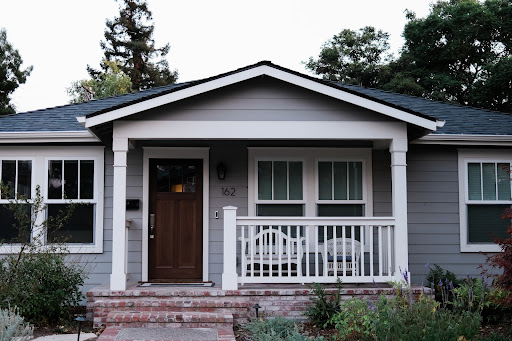
Starter House or Forever Home: Finding the Residence That Fits Your Budget
For inexperienced homebuyers, house hunting can be a stressful and confusing process. Understanding your financial capabilities and researching your options will make the process less overwhelming and easier to navigate. To help, take a look at the following advice.
Starting Off With a Fixer-Upper
Frugal, young, or cash-poor people may benefit most from purchasing a starter home. First and foremost, these houses are typically far more affordable than most houses. They tend to be smaller, with fewer modern amenities to maintain, leading to less maintenance and upkeep to perform overall. If you decide to move on to a different house later, your improved starter home can be turned into a rental property or sold for a profit.
Since homeowners are responsible for their own repairs and maintenance, a starter home will occasionally present you with problems you’re not equipped to handle. If you end up compelled to hire an appliance repair company, be sure to get a few quotes from the options in your areas. With these figures and the companies’ online reviews in mind, you can more accurately assess which business is the best to enlist.
Finishing Strong With Your Forever Home
You may be at a point in your life where you want your next big move to be the last one. Finding your forever home is an exciting but expensive undertaking. The type of house you’re likely to live in for decades to come will cost more than a fixer-upper, but the included appliances and amenities are among many aspects that will offset the added expense. These properties give you space to expand your family and put down your roots, establishing a central location for your legacy.
The price of a forever home itself isn’t it’s only drawback. Property taxes on larger, nicer houses are typically steeper as well. More land means more upkeep, and the more upscale appliances are often more expensive to repair. Just because you can afford a down payment on the house now doesn’t mean you’ll be able to meet all the charges in the long haul.
Moving With Care
Before choosing the type of house to move into, you need to assess your financial health. You might be able to literally afford a permanent house, but depending on where you’re at in your life and what your future plans are, you may want to scale down into a smaller fixer-upper to make your remaining money go further. Speak to a financial advisor or real estate specialist if you need help determining which type of house is best for your current circumstances.
Consider a Home Warranty
You should look into optional but helpful services such as a home warranty. A home warranty can help cover routine maintenance and repair costs for faulty appliances or major systems that break down. Have the property inspected before purchase if possible, paying special attention to whether any of the existing appliances are still within their warranties. In order to decide whether a home warranty is worth the cost, weigh the cost of potential repairs or replacement of appliances and major home systems to the cost of a home warranty. Nine times out of ten, buyers opt for the home warranty. It provides peace of mind and minimizes damage to one’s bank account.
Buying a home is an impactful decision no matter what kind you choose. Make sure your selection reflects your budget, your abilities, and where you are in your life, and remember to consider a home warranty as a great way to protect your investment.
